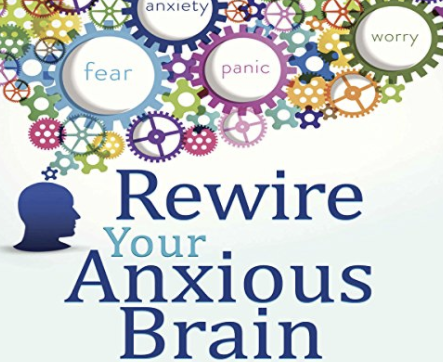With so much uncertainty in our lives caused by the pandemic, anxiety predominated in 2020, among many other mental health challenges. After having named anxiety as part of our experience last year, this year we can continue to learn and practice the tools that are going to help us cope with uncertainty.
Many people often ask me for tools to get rid of anxiety. Worry or fear of the unknown is a natural response to uncertainty. Some worry can help us meet goals. But too much concern about the future can lead to anxiety. Anxiety can impact how we feel, our actions, thoughts and stay in our body. When we are unable to manage anxiety, it can activate our fight (we do things in overdrive) flight (avoidance) or freeze (immobilize) response.
I often tell people that rather than getting rid of anxiety, which is part of our alert system, I can help them learn how to manage their anxiety so anxiety doesn’t overpower them and they can relate to it differently. We can learn to recognize how anxiety shows up and where (as body sensations, thoughts, emotions). When we are able to identify where anxiety shows up or what causes it, we are able to do something about it. The key is knowing our anxiety experience, befriending it and learning the tools to cope with it.
Rewire your Anxious Brain is an empowering book that teaches us about the neuroscience of anxiety and how to differentiate between cortex based anxiety (anxiety that shows up as thoughts) and amygdala based anxiety (anxiety that shows up as a body response). Both require different types of interventions that all us can learn.
There are many tools at our disposal, some that we may already use and we can turbocharge when anxiety shows up, such as reframing our thoughts, and others like deep breathing.
Read along with us so this year we can tackle anxiety as it shows up and prevent it from growing and taking over our lives.

